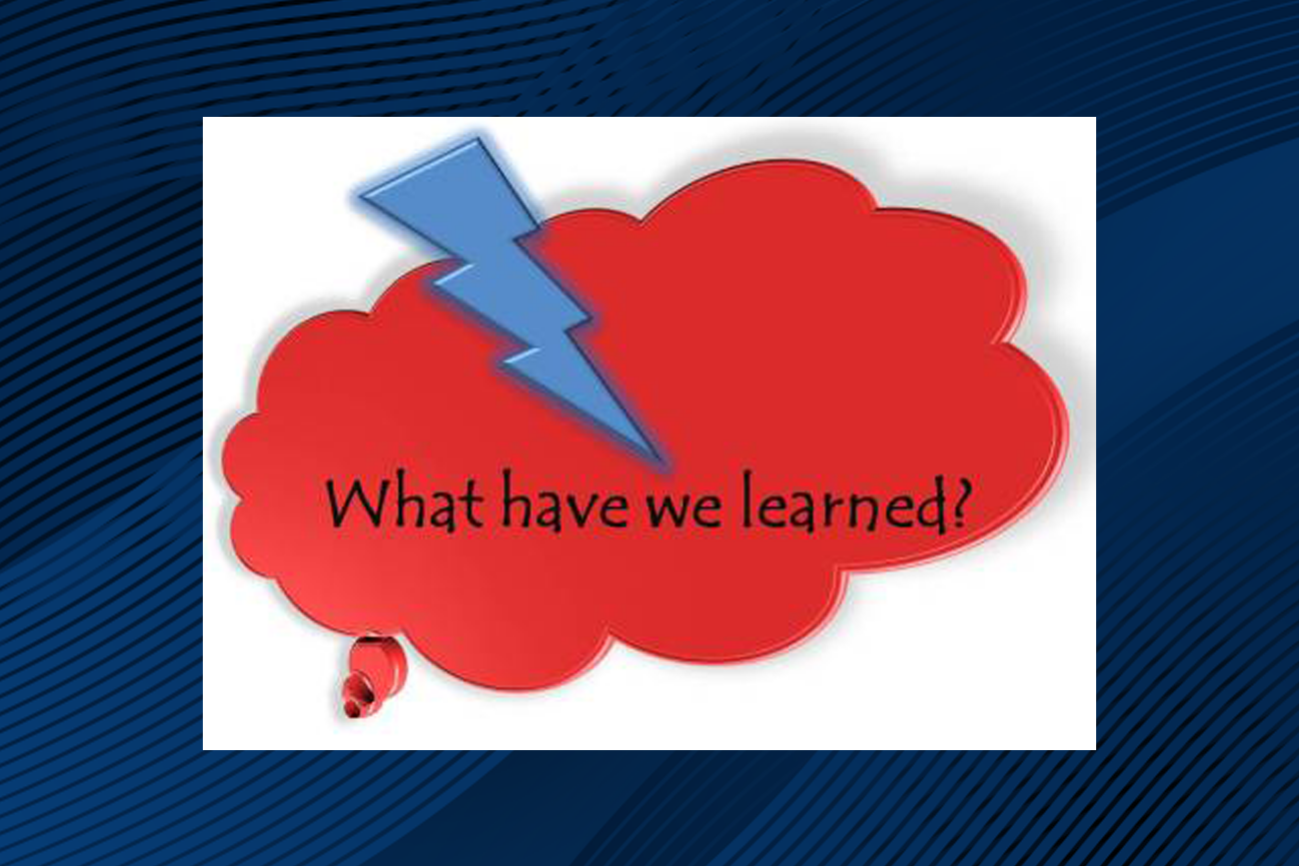From the Credit Union Times
May 11, 2020
When it comes to navigating crisis, I have been in the eye of many storms. As the president of ReputationUs and with 28 years of experience behind me, I have been striving to refine the art of managing corporate reputations during a crisis into a well-honed specialty. In regard to COVID-19, far be it from me to tell credit union leaders what they should be doing operationally at this time. But when it comes to crisis communications and reputation management, I believe they can learn plenty from previous crises to navigate us through this pandemic.
My recent crisis experiences include the 1992 riots in Los Angeles, when I was working at an NPR station in Southern California, and the 9-11 attacks in 2001, when I was representing the airline industry with public relations firm Webber Shandwick. Then, at the beginning of the financial crisis, I was the director of public relations at AIG, and later started a public relations firm representing banks and credit unions communicating through TARP. Since then, I’ve been advising banks and credit unions on issues ranging from hurricane relief efforts to active shooters and cyberattacks.
Today my team and I work to safeguard the reputations of our credit union partners, emphasizing communication strategies for staff, members and community. When asked for my top advice that can help guide credit union leaders steering through the impacts of COVID-19, I point to Winston Churchill, who said, “Never let a good crisis go to waste.”
Here are my crisis management insights and executive tips in response to the top questions credit union leaders are asking during this unprecedented time.
Q: What is the most important thing credit union executives can do right now, so the COVID-19 crisis is not “wasted”?
A: Two things: First, take notes – consider this a training ground for identifying where you are vulnerable. The biggest mistake a credit union leader can make right now is to not pay attention to the vulnerabilities and gaping holes that have been exposed during a crisis. You will see how good your communications, strategy, infrastructure and reputation are, and what needs to change. Second, improve on the mistakes and vulnerabilities that you identify. Look for ways to make necessary changes post-crisis and communicate that you are making the necessary changes.
Ideally, a crisis is not a time to look at your vulnerabilities. Really, it should be done earlier. But with a crisis of this magnitude, everyone is learning lessons.
Q: How transparent should a credit union be about its vulnerabilities?
A: Each crisis is unique, but COVID-19 provides a lot of opportunity, because no one is at fault. Be transparent about the mistakes and vulnerabilities that were made internally, operationally and with your reputation. Expose them. This is a golden opportunity to fix the problems and tout a refreshed approach about what you will fix, and how. In addition, be sure to call out the wonderful things that are happening with your employees and members. Show gratitude toward those stories to set a positive tone.
Q: What should my crisis team be focusing on?
A: If you have a designated crisis response team, that is a good start. The most prepared and responsive companies have multiple crisis teams assembled. Some people are good in the fog of war, and others are better at strategy. I recommend having three teams ready: A crisis now team, a back-up team and a future crisis team that can navigate the aftershocks.
Your designated crisis response team can focus on fixing the immediate problems, responding to the pressing issues and managing communication flow. Then, be sure to add bench strength to this team. Typically a crisis is a sprint – they are quick, such as an HR situation or a weather issue. But COVID-19 is more like a marathon, so your primary team may get fatigued. Bad decisions can be made during a long stretch if team members are exhausted.
While managing the immediate, you must also look to the future. A “future crisis” team anticipates the fallout of the crisis for the credit union, employees and members. For COVID-19, this may relate to mental health issues and financial implications that have long-term ramifications. The aftershocks may have the biggest damage.
Q: How frequently should I be communicating about the crisis?
A: The idea of “over-communicating” has certainly been, well, over-communicated. It’s more important to find a tempo or a rhythm to your communication. This may be a structure – or even a specific time – so that people know what to expect. Schedule regular communications to respond to questions. These may be video messaging or town hall meetings for staff or members. All good communication during a crisis offers exposure to leaders. And regular communications allow credit union leaders to stay the course and be consistent.
Q: What is the best strategy for communication in a crisis?
A: Listen. Historically we have seen that in a crisis, credit unions that listen to the issues affecting their staff, members and communities come out ahead. Listening should inform your communication and your messaging in a crisis. Then tailor your approach to each audience, based on what people are saying.
Ask questions and have systems in place to solicit inquiries. You may even want to call members and staff randomly to listen. You will be surprised how transparent they are. Be respectful of their privacy, but seeing consistency among the people you call is a great basis for communication.
This goes for social media as well. You can tailor communications to the needs and wants of your community. Turn from promotion to listening. Let the social conversations inform your next post. Then, only promote your products and services if they provide relief.
Q: How do I balance community needs with the needs of the credit union?
A: One success story is iQ Credit Union based in Vancouver, Wash. Its staff heard from their members that they wanted more access to financial literacy information for kids and adults during the quarantine. iQ ramped up its website to provide this. April is financial literacy month, but they were able to respond to members’ needs related to COVID-19.
Being genuine, because you have listened to your staff and members, will help you change your products and services moving forward, informed by what you have heard. Then you can capture and showcase what you are doing for the community, instead of simply appearing to capitalize on the crisis.
Q: How do I navigate expectations for returning to “business as usual” when so much is unknown?
A: It is important to acknowledge that this current environment is unusual, and your credit union will likely change. There may be a renewed focus on what you represent fundamentally as a credit union, but you cannot go back to where you were before. We are all looking at the world through a different lens now.
The change doesn’t have to be drastic, but it will be different. How will you communicate this difference? Let the needs and the wants of your members and community direct your guidance. Then pivot to reframe for a rebirth into a better tomorrow.
Casey Boggs is President of ReputationUS in Portland, Ore.








